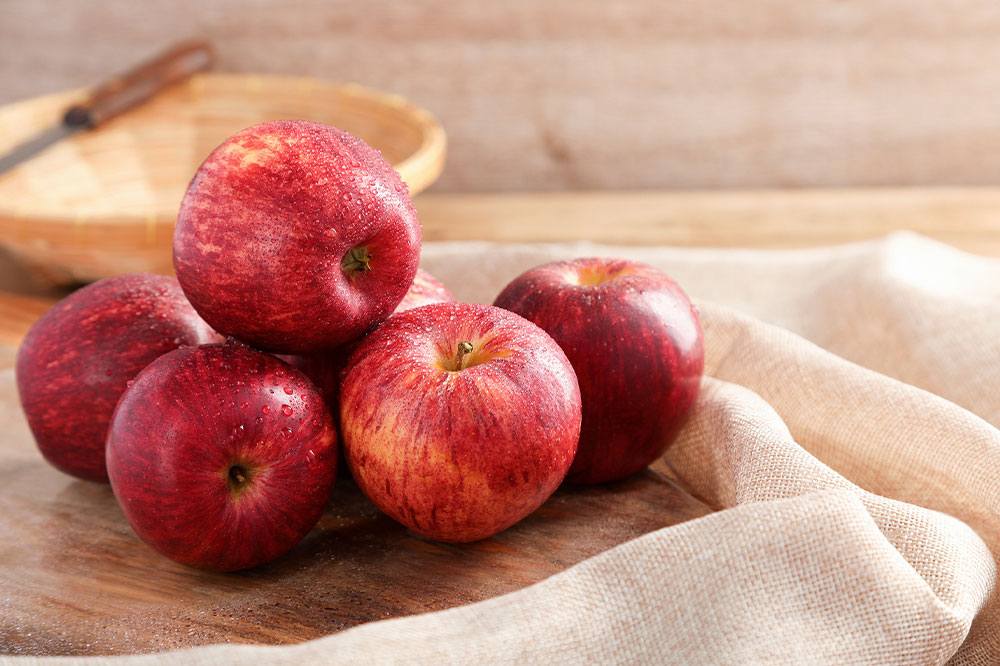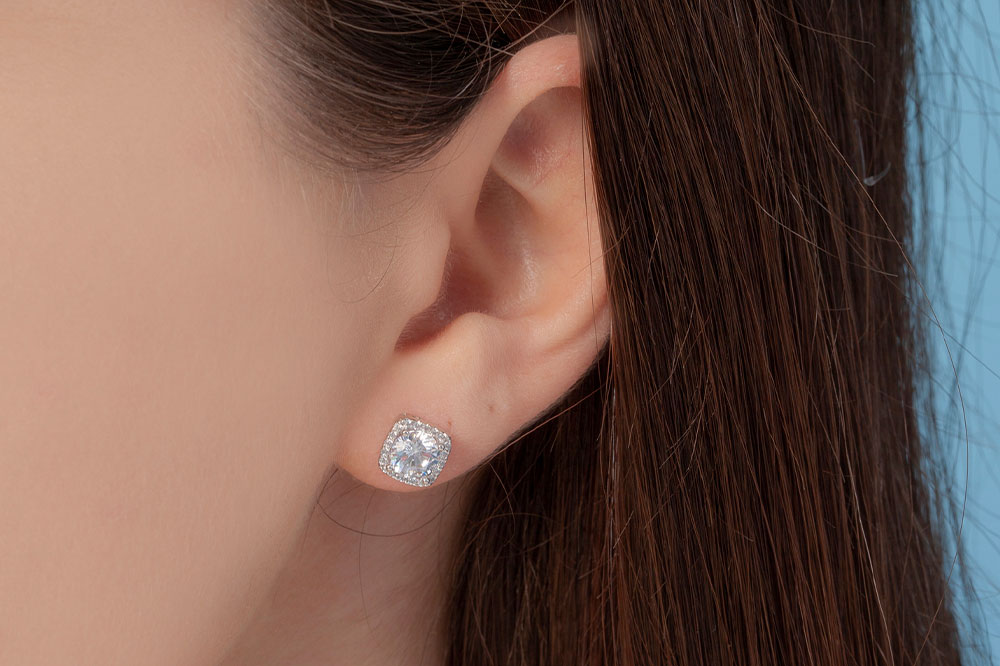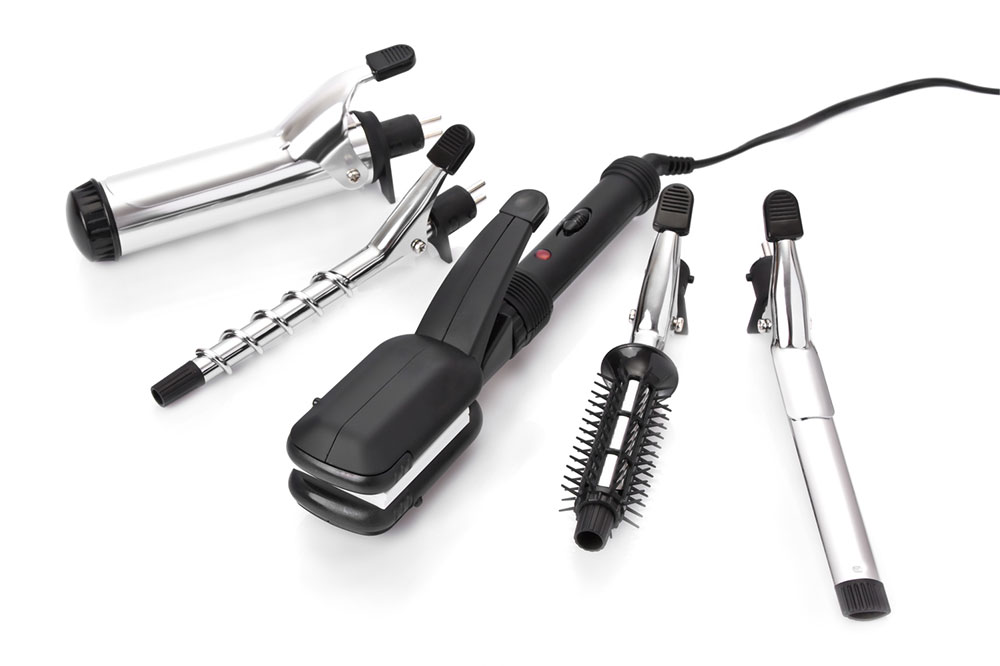Sugar and skin aging – Signs and ways to prevent them

Maintaining a youthful appearance is a common goal for many, but certain lifestyle-related factors, like excessive sugar intake, can accelerate the aging process. The impact of sugar on our overall health is well-known, but its effects on the skin are often underestimated. Extreme indulgence in sugary foods and beverages can affect skin health. By understanding the signs and consequences of excessive sugar intake, one can make informed choices about food intake and skincare routine.
Puffiness and under-eye bags
Excessive sugar intake stimulates the release of inflammatory compounds called cytokines, which are responsible for promoting inflammation, swelling, and discomfort. The inflammatory response can contribute to the development of puffiness and under-eye bags, making the skin look tired and dull. By reducing sugar intake, one can help mitigate the release of cytokines and minimize inflammation, ultimately encouraging a more rejuvenated and youthful appearance.
Acne and breakouts
Elevated blood sugar levels can trigger inflammation, affecting various bodily systems. The body produces an oily substance in the skin called sebum, which lubricates the hair follicles and moisturizes and protects the skin. Sebum production is greatly influenced by hormonal imbalances and lifestyle changes, including food choices. Excessive intake of sugar and carbohydrate-rich foods can lead to increased sebum production, which in turn causes acne and breakouts.
Dull skin
Sugar can have detrimental effects on the skin’s structural proteins—collagen and elastin—that help keep the skin firm. If the supporting structure weakens, one may observe visible signs of aging, like wrinkles and fine lines, which begin forming when the skin loses its ability to bounce back and smoothen. The skin may also appear saggy.
Dark circles
High intake of sugar can initiate a process called glycation, in which sugar molecules react with skin proteins (including elastin and collagen). This leads to the formation of advanced glycation end-products (AGEs)—harmful compounds that damage elastin and collagen fibers, leading to the loss of elasticity and thinning of the skin. Here, dark circles may appear under the eyes when the fragile blood vessels in the area become more visible due to the thinning of the skin. Additionally, the skin may be unable to retain moisture, leading to dryness, dullness, and an overall lack of vitality.
In addition to direct consequences, excessive sugar intake can increase the risk of constipation, which has a negative impact on skin health. High sugar intake can cause an imbalance in the digestive system, dehydrate it, and slow down bowel movements. As a result, the body’s normal detoxification process is hampered with toxins and waste products remaining in the body for a prolonged period. Toxin accumulation can manifest as a dull complexion, pimples, or an aggravation of pre-existing skin disorders like acne or eczema. So, having too much sugar can also indirectly speed up skin aging.
Ways to prevent skin aging
Limit sugar intake: One can make simple lifestyle changes to limit sugar. Instead of eating a donut or grabbing a pastry to satiate minor hunger pangs during the day, one can have nuts and seeds, and fruits. Similarly, replacing sugary beverages, including soda or energy drinks, with juices and shakes can help. One can use natural sweeteners like maple syrup or honey to replace refined sugar.
Stay hydrated: Drinking enough water can help flush out toxins, improve circulation, and keep the skin hydrated. One should have 8 to 10 glasses of water daily or more if engaging in any physical activity or working outdoors during the day.
Make better food choices: Apart from avoiding sugar, one should have balanced meals rich in whole foods, lean proteins, vegetables, and complex carbohydrates. This can improve overall health and help reduce sugar cravings. One should also choose antioxidant-rich foods, like berries, leafy greens, nuts, and seeds which can help combat oxidative stress and promote skin health.
Prioritize skincare: One should avoid using products containing harsh chemicals and fragrances. Further, hydrating the skin and using gentle cleansers and moisturizers according to the skin type is a crucial step. A simple skincare routine that gets rid of dirt, oil, and impurities and moisturizes the skin can help slow down the skin aging process.
One should also protect the skin from the sun’s damaging UV rays by applying sunscreen. Wearing protective clothing, hats, and sunglasses when exposed to the sun for extended periods can also shield the skin. Additionally, stress can accelerate the skin aging process, so one should practice relaxation techniques such as meditation, deep breathing exercises, and yoga and get adequate sleep to get healthier and more youthful skin.









